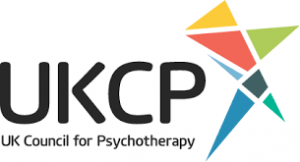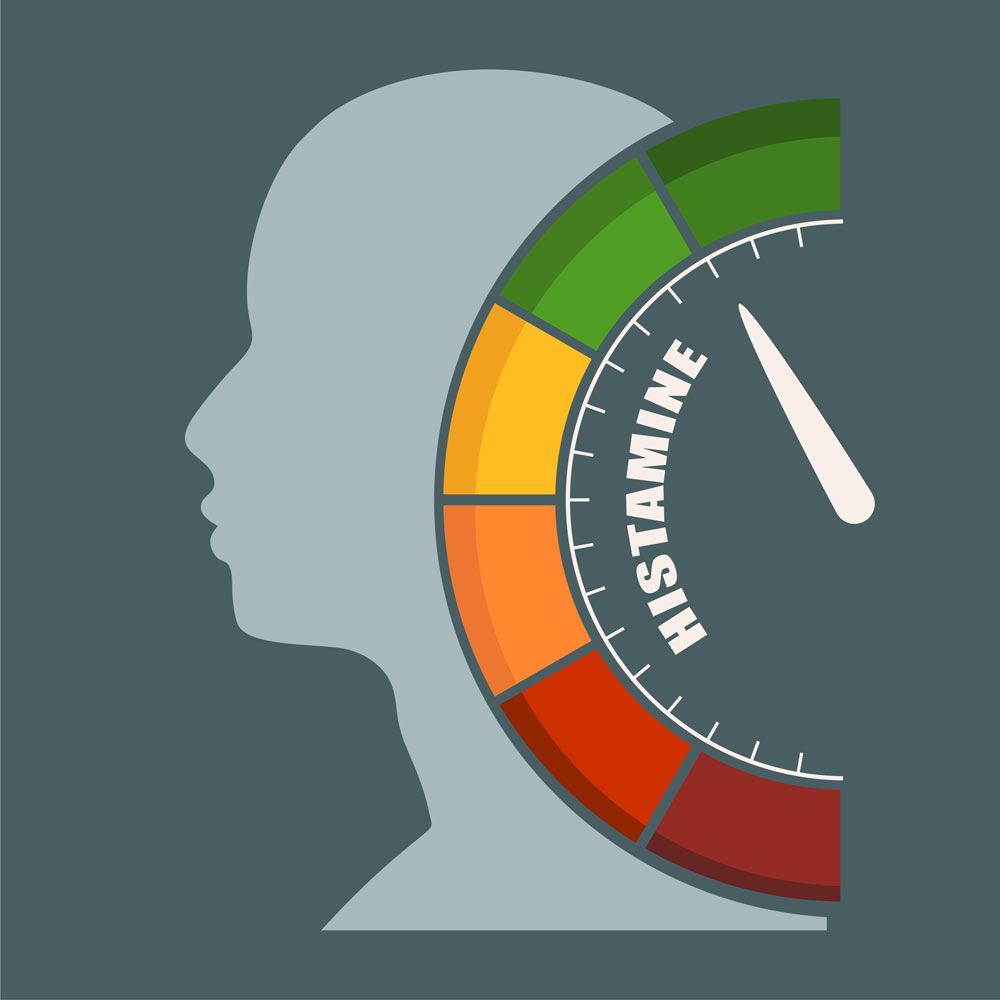
Sleep CBT (CBTi) for Insomnia
Sleep CBT (CBTi): A brand-new therapy offering from LCC giving you the exact steps you need to manage insomnia.
- Do you often find yourself struggling to sleep?
- Do you find that the harder you try to fall asleep, the more difficult it becomes?
- Do you lie awake worrying about things you feel you can’t resolve?
- Do you feel you’ve tried absolutely everything to try to sleep, without success?
Complete a course of CBTi over 6 weeks*, and go from exhaustion, fatigue, and frustration, to finally finding a sleep routine that actually works for you.
To enquire, contact practice manager Kathy Freeman:- email: [email protected]
What is insomnia?
A very common issue that people come to us with is an inability to sleep, which can be for a variety of reasons. Sometimes, general therapy to treat any underlying psychological and emotional issues alone can be enough to resolve the sleep problems. However, this is not always the case, and the effective resolution of sleep problems depends on the underlying causes. CBTi is designed to understand the client holistically, and all of the problems which may be contributing to the sleep problem.
The DSM-5 definition of Insomnia Disorder
- Complaint of sleep quantity or quality associated with problems falling asleep, staying asleep, and/or early morning awakenings
- The sleep problem causes distress and/or some sort of problem at work, with others, etc.
- The sleep problem occurs at least 3 nights/week and has been going on for at least 3 months
- The sleep problem occurs despite adequate opportunity for sleep
- The insomnia is not better explained by another sleep disorder, is not caused by the effects of a substance, and is not adequately explained by coexisting mental disorders or medical conditions
Does this cycle sound familiar?
The CBTi 6 week treatment programme is designed to help individuals in this situation deal with these exact issues and break this negative cycle once and for all.
How can CBTi help?
 At LCC, we use the REST programme for CBTi. R.E.S.T. stands for Routine, Environment, Stimulation Control, and Thinking.
At LCC, we use the REST programme for CBTi. R.E.S.T. stands for Routine, Environment, Stimulation Control, and Thinking.
CBTi focuses on exploring the connection between the way we think, the things we do, and how we sleep. During treatment, a trained CBTi therapist helps to identify thoughts, feelings, and behaviours that are contributing to the symptoms of insomnia. Thoughts and feelings about sleep are examined and tested to see if they’re accurate, whilst behaviours are examined to determine if they promote sleep. A provider will then clarify or reframe misconceptions and challenges in a way that is more conducive to restful sleep. This approach is combined with psychoeducation around sleep and behavioural interventions, which, when combined, give a very practical treatment approach to tackling sleep problems.
What’s the evidence for CBTi?
The National Institute for Health and Care Excellence (NICE) provides national guidance and advice to improve health and social care and informs NHS treatments. Regarding the treatment of insomnia, the current recommendations made by NICE are:-
“Cognitive-behavioural therapy for insomnia (CBTi) is recommended for treatment of both short- and long- term insomnia in adults of all ages — unlike medication, benefits associated with CBTi persist on completion of treatment.”
Additional Resources
- Scientific reviews and meta-analyses show that CBTi is effective (Irwin et al., 2006, Health Psychol, 25(1), 3-14; Morin et al., 2006, Sleep, 29(11), 1398-414; Murtagh & Greenwood, 1995, J Consult Clin Psychol, 63(1), 79-89)
- CBTi is recognized by the NIH Consensus and State-of-the-Science Statement as a first-line treatment for insomnia as it was found to be as effective as medication for brief treatment and likely more durable over time (NIH Consens and State Sci Statements, 2005, 22(2), 1-30)
- CBTi is recommended as standard, first-line treatment for insomnia per published clinical guidelines by the Chronic Insomnia Task Force of the American Academy of Sleep Medicine (Schutte-Rodin et al., 2008, J of Clin Sleep Med, 4(5), 487-504)
For more information on the course, download the PDF HERE »




















